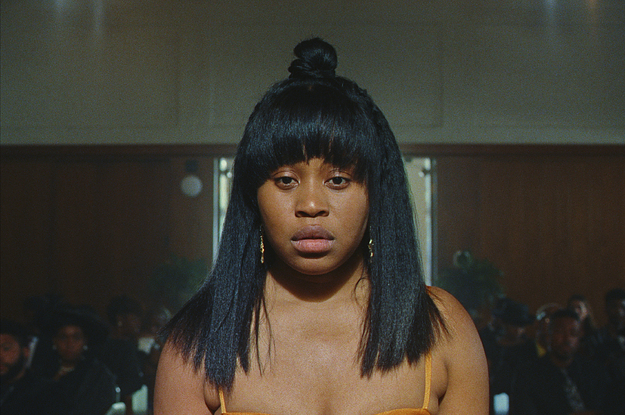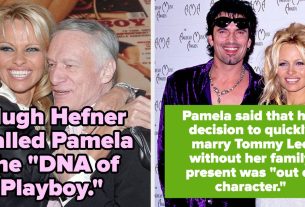At the show’s strongest, Swarm showcases how Dre’s obsessive fixation with Ni’Jah is a sublimation of her complex relationship with Marissa as well as a projection of her inability to maintain substantive or formative connections with women in her life. It’s a compelling angle, but the show fails to engage with some of the most common threads across any stanbase — the formation of parasocial relationships and the sense of built community, whether genuine or not.
In Swarm, Ni’Jah — perhaps since she’s based on the famously private Beyoncé — largely exists in visual context only, with all insights into her persona and stature encapsulated by the reactions of fans and critics alike. There is some acknowledgment of these layers — in the premiere, Marissa realizes that Dre still tweets from a Swarm account and tells her “those are not your friends, those are some crazy-ass fans who don’t give a fuck about you.” As Dre descends further into madness, however, her fandom becomes an increasingly isolating endeavor, which belies the names of their fanbases, both metaphorical and literal: Swarm. Navy. Army. Hive. All indicate participation in a collective experience of celebrity worship.
Stans protect their beloved entertainer’s status, public perception, and perceived power, not only because of what that artist represents to them individually, but because of the rewards they reap from their investments, however nominal: increased community, a presale code, a thank-you note on Instagram, or discounted merch. Such gifts rationalize and encourage their mass engagement.
Swarm doesn’t quite fully grasp this. In Episode 6, a Black woman detective searches for Dre in a true crime mockumentary. A Swarm member contributes to the doc, expressing how the Swarm may be militant, but they wouldn’t mobilize to commit physical violence, as texts of threats of violence sent to strangers on the internet by Swarm members scroll on the screen. It’s an interesting juxtaposition, but Dre never sought validation from her “hive” to reinforce her choices. “There are usually some factors that contribute to a child lashing out,” a social worker says to the lead detective. “I don’t appreciate you portraying [foster children] as monsters,” she adds. “You need there to be a reason she was so messed up so you don’t have to sweep your own front door and realize you’re just as flawed. That girl was lonely, and she was looking for acceptance.”
In concept, this could serve as a compelling entry point to frame how standom is not a mental illness; it is a compulsion accessible to whoever chooses to let the comforting artifice of parasocial bonding to a celebrity serve as a source of strength. But in practice, the show struggles to lay claim to that angle, forfeiting any examination of the various impetuses that can enable the more toxic fringes of stan activity in favor of narrative flourishes.
Like “Work Ethic!”, Swarm boldly contends with hyper-relevant topics with deft skill. But both conclude with open-ended and unanswered questions. “Work Ethic!” demurred on directly confronting whether there was value in assessing “good” versus “bad” Black art; while Swarm makes pointed satirical nods to the culture of digital fandom and the extremities it can take. But it stops short of making a greater cultural point about social behavior and celebrity, ultimately giving Fishback’s notable performance center stage. It’s a welcome compromise, although one that takes the sting out of the premise. ●


